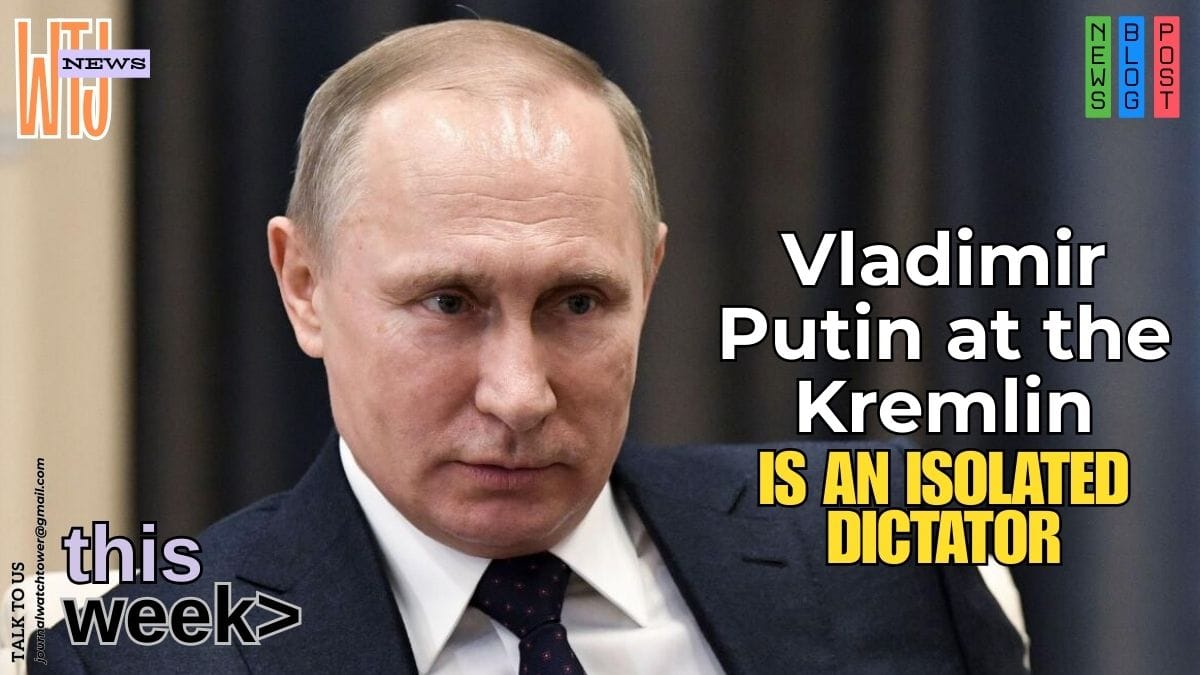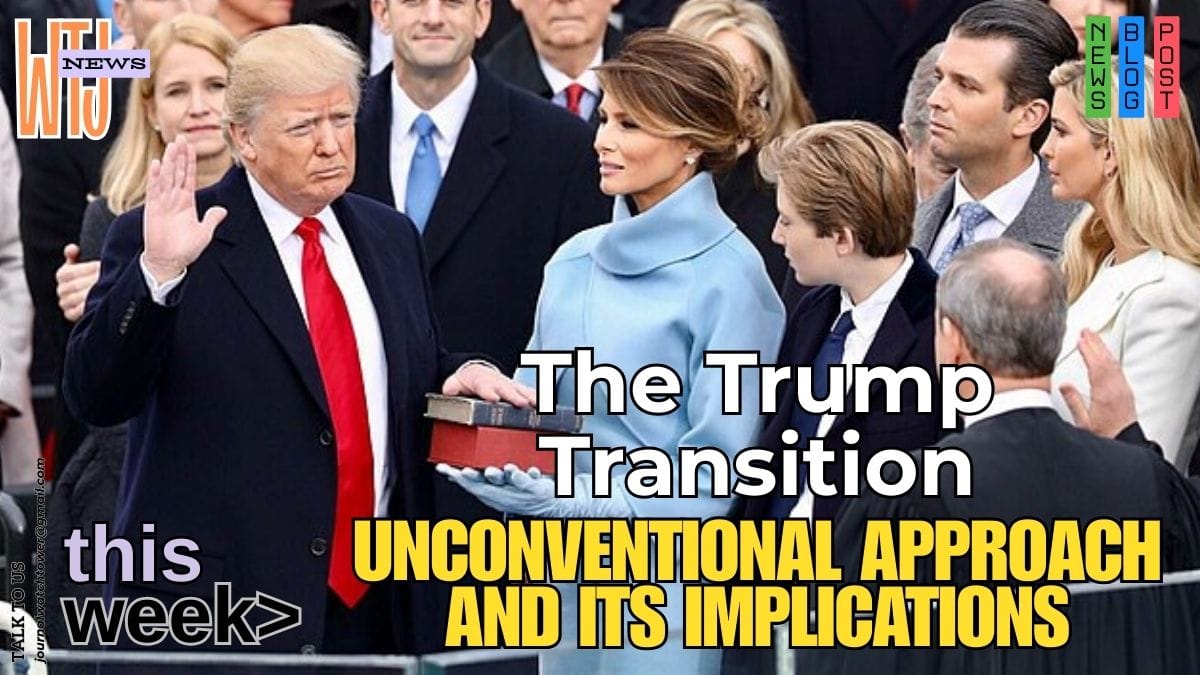The ongoing conflict in Ukraine has reached a dangerous precipice, with the West’s increasingly aggressive interventions exacerbating the humanitarian crisis and fueling instability without any tangible strategic benefit. While Russian President Vladimir Putin is undoubtedly an autocrat driven by a ruthless agenda, the West’s recent actions—particularly the use of UK-made missiles to target Russia—threaten to plunge the world into a wider conflict. This essay explores the recklessness of these escalatory actions, their implications for global security, and the urgent need for diplomacy over militarism.
A Precarious Moment in History
Wars often spiral out of control when smaller skirmishes escalate into larger confrontations. The Ukraine conflict, initially a territorial dispute, has expanded into a proxy war between Russia and NATO-backed Ukraine. The launch of UK-supplied missiles into Russian territory marks a significant and perilous escalation. Combined with Kyiv’s use of U.S.-provided long-range weapons, these actions signal a dramatic shift from defensive support to direct provocation.
This is how major wars begin: with incremental steps that blur the line between support and aggression. The danger of this escalation lies not only in its immediate consequences but also in its potential to draw other nations into a broader conflict. Historical examples, from World War I to the Cuban Missile Crisis, underscore the catastrophic outcomes of miscalculated brinkmanship.
NATO’s Calculated Risk or Reckless Gambit?
The rationale behind these escalatory measures appears to be twofold: bolstering Ukrainian morale and sending a message of unyielding Western support. British Defense Secretary John Healey’s commitment to “doubling down” on aid to Ukraine aligns with this strategy. However, such actions risk undermining the West’s longstanding policy of treating aid to Ukraine as strictly defensive. By enabling attacks on Russian soil, NATO is stepping into uncharted and dangerous territory.
Healey’s justification is further complicated by political considerations. With Donald Trump poised to re-enter the White House, European leaders seem eager to solidify their stance before a potential shift in U.S. foreign policy. This short-term strategy ignores the long-term consequences of provoking a nuclear-armed adversary.
Putin’s Paranoia and Russia’s Response
For decades, Russia’s leaders have viewed incursions on their soil with deep suspicion. Putin’s recent revisions to Russia’s nuclear doctrine, which now considers any attack backed by a nuclear power as a joint assault on Russia, reflect this paranoia. While some may dismiss these changes as posturing, history warns against underestimating the Kremlin’s willingness to act decisively when it perceives an existential threat.
Moscow’s response to these provocations is predictable: intensified attacks on Ukrainian infrastructure, especially during the harsh winter months, and potential cyberattacks on Western utilities. Such retaliatory measures will inflict further suffering on Ukrainian civilians, compounding the devastation already wrought by the conflict.
The Futility of Sanctions and Escalation
Over the past two years, the West has imposed its harshest economic and political sanctions on Russia, hoping to cripple its economy and isolate Putin diplomatically. Instead, these measures have entrenched Moscow’s defiance, alienated potential diplomatic mediators, and strengthened its alliances with countries like China, India, Iran, and North Korea.
Sanctions have also exacerbated global economic instability, creating an unintended consequence: the emergence of an Eastern trading bloc that operates outside Western influence. This geopolitical shift undermines the West’s strategic objectives, raising questions about the efficacy of its policies. Were these outcomes unforeseen, or is Western foreign policy incapable of adapting to the complexities of modern geopolitics?
The Nuclear Dilemma: A Risk Too Great
The specter of nuclear conflict looms large over the Ukraine war. Putin’s revised nuclear doctrine suggests that any significant escalation could trigger a catastrophic response. While the use of tactical nuclear weapons remains unlikely, the mere possibility is a chilling reminder of the stakes involved.
Putin’s unpredictability and isolation make him a particularly dangerous adversary. Western intelligence agencies have expressed concerns about his mental state, emphasizing the need for caution in dealing with the Kremlin. Yet, NATO’s recent actions seem designed to escalate tensions rather than diffuse them, raising the likelihood of a miscalculation with devastating consequences.
The Case for Compromise
Despite his military setbacks, Putin has succeeded in creating a buffer zone on Russia’s border, ensuring Ukraine remains outside NATO’s immediate sphere of influence. This outcome, while far from ideal for Kyiv, offers an opportunity for compromise. However, no international body, from the United Nations to NATO, appears capable of brokering a peace settlement.
The West’s insistence on total victory over Russia ignores the realities of modern warfare and the complexities of diplomacy. History teaches us that even the most intractable conflicts—such as the Cuban Missile Crisis and the Vietnam War—were ultimately resolved through negotiation, not escalation.
The Responsibility of Western Leadership
The West’s self-proclaimed role as the guardian of freedom, democracy, and peace carries with it a profound responsibility. Reckless actions driven by belligerence and machismo undermine these ideals, risking the very values they aim to protect. The current approach to the Ukraine conflict, marked by risk-taking and provocation, reflects a troubling departure from responsible statecraft.
Western leaders must recognize that their actions have global repercussions. The escalation in Ukraine not only endangers the lives of millions but also threatens to destabilize the international order. At a time when the world faces myriad challenges, from climate change to economic inequality, the prospect of a wider war is a risk humanity cannot afford to take.
A Path Forward
To prevent further escalation, the West must prioritize diplomacy over militarism. This requires a fundamental shift in strategy, from seeking victory on the battlefield to pursuing a negotiated settlement. Key steps include:
- Engaging Neutral Mediators: Countries with established ties to both Russia and the West, such as India and Turkey, could play a crucial role in facilitating dialogue.
- Reassessing Sanctions: While sanctions serve as a tool of leverage, they must be calibrated to avoid exacerbating global economic instability and alienating potential allies.
- Promoting Humanitarian Aid: Efforts should focus on alleviating the suffering of Ukrainian civilians, who bear the brunt of the conflict.
- Establishing Clear Red Lines: NATO must clearly define the limits of its involvement to avoid further escalation.
- Reviving Multilateral Institutions: The United Nations and other international bodies must be empowered to mediate and enforce peace agreements.
Conclusion
The West’s current approach to the Ukraine conflict, characterized by reckless escalation and a disregard for the broader consequences, is both dangerous and counterproductive. While Putin’s actions deserve unequivocal condemnation, the solution lies not in provoking a larger war but in seeking a path to peace. By prioritizing diplomacy and restraint, the West can help end the suffering of the Ukrainian people and avert a global catastrophe. The stakes could not be higher; history will judge the choices made today.




